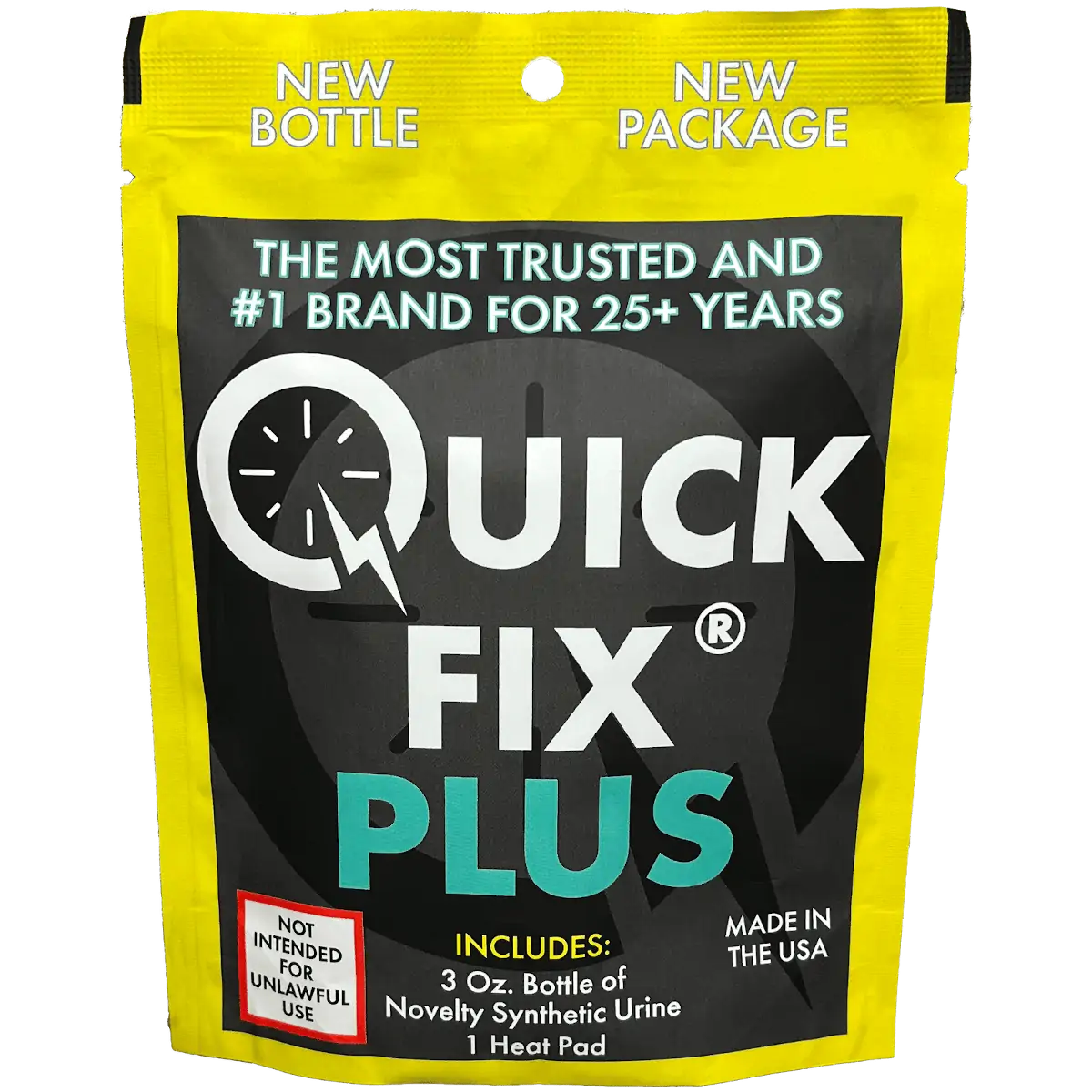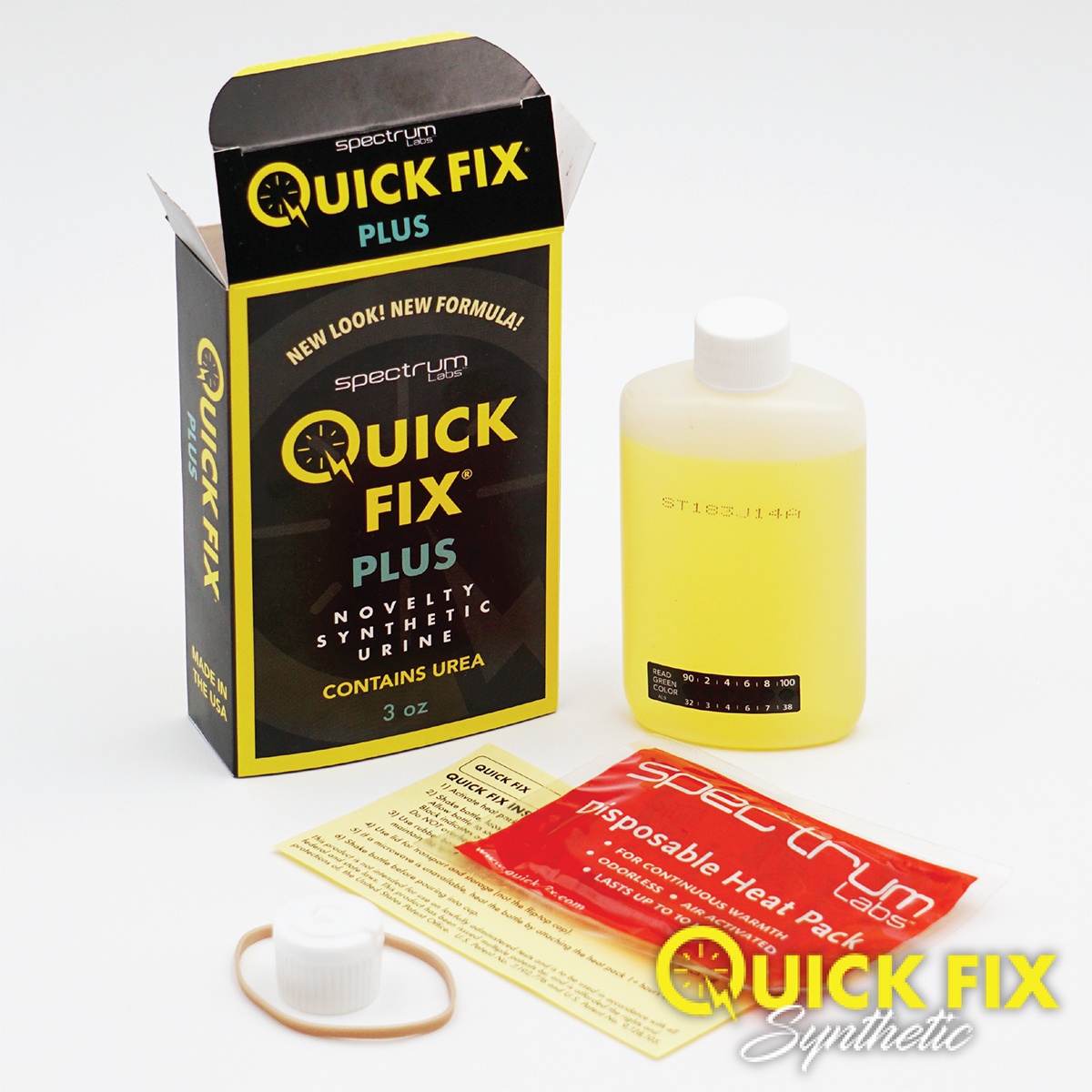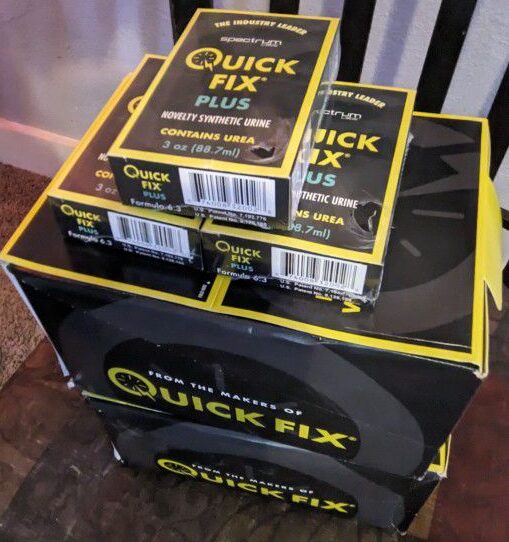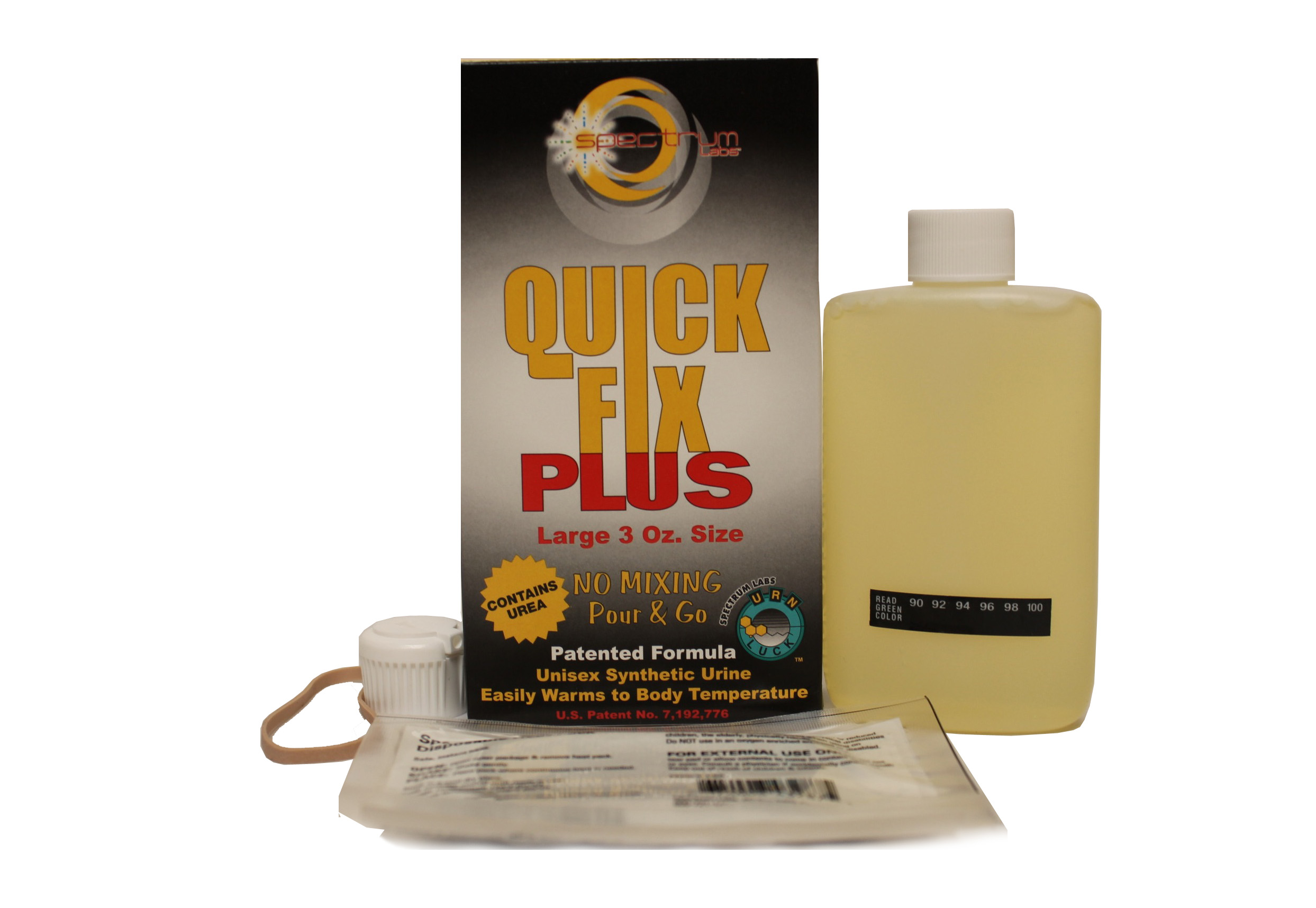Quick Fix Plus Does It Work

In an era of increasing scrutiny surrounding drug testing, particularly in the workplace and for probation requirements, synthetic urine products like Quick Fix Plus have gained considerable attention. But does it work? The answer, as with many things, isn't a simple yes or no.
This article delves into the specifics of Quick Fix Plus, examining its composition, usage, reported success rates, and the legal and ethical considerations surrounding its employment as a means to circumvent drug testing protocols. Understanding these aspects is crucial for individuals, employers, and policymakers alike.
What is Quick Fix Plus?
Quick Fix Plus is a pre-mixed synthetic urine product designed to mimic the chemical properties of human urine. It typically contains urea, creatinine, and other compounds found in natural urine, along with specific gravity and pH levels within the normal range.
The product is marketed as a tool for calibration and research purposes, but its primary use, acknowledged implicitly by many, is to pass drug tests. The popularity of Quick Fix Plus stems from its purported ability to provide a clean urine sample in situations where an individual might test positive for prohibited substances.
How Does it Work?
The effectiveness of Quick Fix Plus relies on several factors. These include maintaining the correct temperature (typically between 90-100°F) and ensuring the product isn't detected as synthetic by the testing facility.
The process typically involves heating the synthetic urine using a microwave or heating pad, attaching a temperature strip to monitor the temperature, and submitting the sample within a specific timeframe. Failing to maintain the correct temperature or alerting suspicion can lead to the sample being rejected.
Reported Success Rates and User Experiences
Anecdotal evidence regarding the success rates of Quick Fix Plus is widespread online, with many users reporting positive outcomes. These reports often highlight the importance of following the instructions meticulously and ensuring the sample is within the required temperature range.
However, it's crucial to acknowledge that these reports are largely self-reported and lack the rigor of scientific validation. Furthermore, drug testing technology is constantly evolving, with labs developing more sophisticated methods to detect synthetic urine.
The Evolving Landscape of Drug Testing
Drug testing methods have become increasingly advanced in recent years. Laboratories are now able to detect certain indicators that distinguish synthetic urine from natural urine, such as the absence of specific metabolites or the presence of synthetic compounds not found in human urine.
Some testing facilities use specimen validity tests (SVTs) to analyze urine samples for these indicators. These tests can identify diluted samples, adulterated samples (those with added substances to mask drug use), or synthetic urine.
Legal and Ethical Considerations
The legality of using synthetic urine varies by jurisdiction. Some states have laws prohibiting the use, sale, or possession of synthetic urine for the purpose of defrauding drug tests.
For example, states like Arkansas, South Carolina, and Texas have enacted legislation specifically targeting the use of synthetic urine to subvert drug testing procedures. These laws often carry significant penalties, including fines and even jail time.
Beyond the legal aspects, ethical considerations also come into play. Using synthetic urine to pass a drug test can be seen as dishonest and a violation of trust, particularly in safety-sensitive professions or when mandated by legal authorities such as probation officers.
The Employer's Perspective
For employers, maintaining a drug-free workplace is often seen as crucial for ensuring safety, productivity, and compliance with regulations. The use of synthetic urine poses a direct challenge to these efforts.
Employers are increasingly implementing stricter drug testing protocols and utilizing laboratories equipped with advanced detection capabilities. Some employers also employ direct observation during urine collection, although this practice raises privacy concerns and legal challenges.
Companies like Quest Diagnostics, a leading provider of drug testing services, continuously refine their testing methodologies to stay ahead of attempts to subvert the process.
The Future of Drug Testing and Synthetic Urine
The cat-and-mouse game between drug testing technology and products like Quick Fix Plus is likely to continue. As testing methods become more sophisticated, manufacturers of synthetic urine will undoubtedly seek to develop new formulations that can evade detection.
Ultimately, the decision to use synthetic urine is a personal one, but it's crucial to be aware of the potential risks, both legal and professional. The consequences of being caught using synthetic urine can be significant, ranging from job loss to legal penalties.
The effectiveness of Quick Fix Plus is therefore contingent on factors such as evolving testing technologies and the user’s adherence to instructions. While anecdotal evidence suggests success for some, the risk of detection remains a significant consideration.



![Quick Fix Plus Does It Work Quick Fix Plus 3oz Value Pack [Buy 3 Get 1 Free] - QuickFixSynthetic](https://www.quickfixsynthetic.com/wp-content/uploads/2020/03/Spectrum-Labs-QuickFix-Plus-3oz-Synthetic-Urine-Buy-3-Get-1-Free-scaled.jpg)














